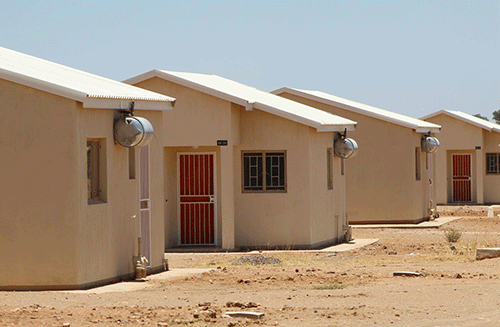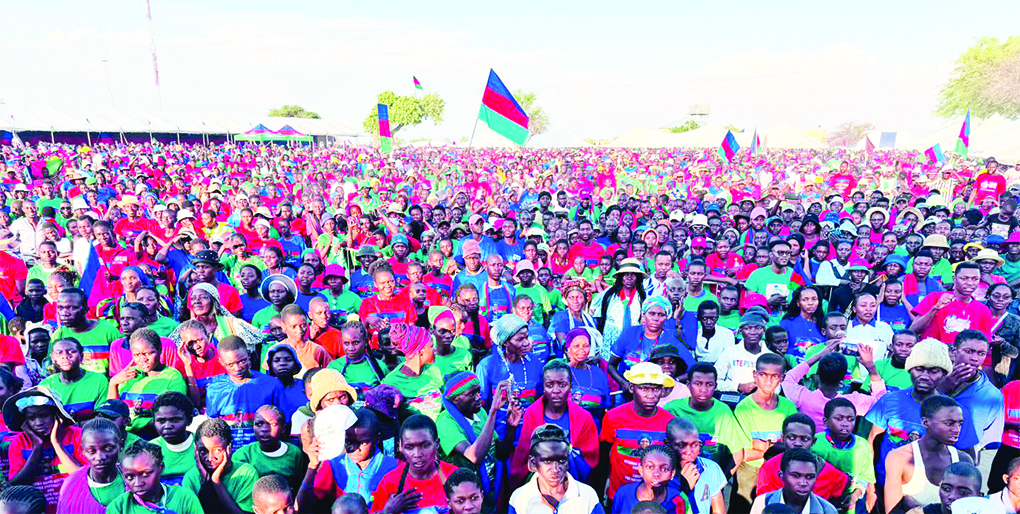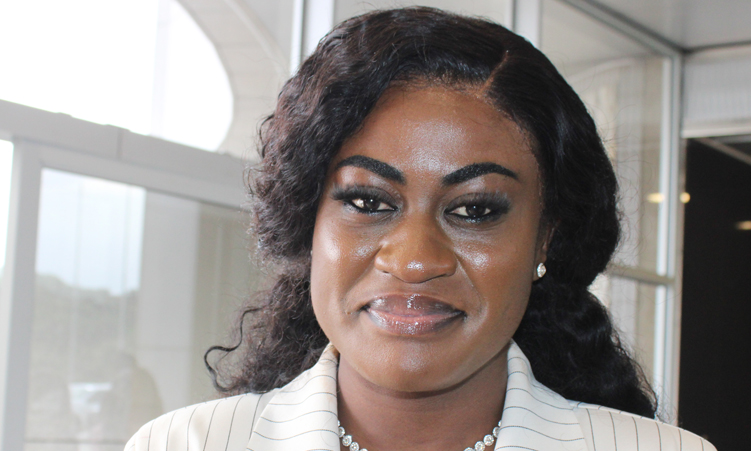SMOKE coming from the Van Eck power station and the incinerator of the Katutura Hospital are polluting the air and are causing severe smog which poses a health risk, an environmental organisation says.
“It is always said that Windhoek is the cleanest city on the African continent and we can indeed be proud of such reputation. But not all is so clean in our beautiful capital,” said Bertchen Kohrs of Earthlife Namibia.”But driving up Independence Avenue towards Katutura, one gets confronted with two massive air polluters, one being the Van Eck power station and the other one the Katutura hospital incinerator, where medical waste is burned.”Even though the pollution created by the Van Eck power station is a real issue of concern to Earthlife Namibia and certainly to many residents of Windhoek, our focus also goes to the hospital incinerator,” she told The Namibian yesterday.Incineration of solid waste creates a real risk to the health of residents by producing a number of toxic or potentially toxic substances, according to Kohrs.”Significant amounts of dioxin and furan gases are emitted into the atmosphere.Dioxins are the most notorious pollutants associated with a wide range of health problems, including cancer, immune system damage and reproductive and developmental problems.Worldwide, incinerators are the primary source of dioxins.”Other pollutants of concern from incinerators are heavy metals, halogenated hydrocarbons, acid gases that are precursors to acid rain, and greenhouse gases contributing to global climate change.Incineration is used in many countries for the treatment of certain waste types where pathogens and toxins can be destroyed by high temperatures.”The incinerator near the Katutura hospital is obviously is not equipped with a filter system, nor any other protective measures preventing air pollution,” according to Earthlife.”Conditions of hospitals in Namibia are presently under serious scrutiny; and it is expected that the situation of patients relying on healthcare is improving soon in order to give them a better chance for survival.”Earthlife Namibia wants turn the attention of the Ministry of Health and Social Services to all health-related factors and urgently calls for an in-depth investigation of the safe disposal of medical waste.The present situation, putting public health and the environment under threat, is not acceptable and it seems that the responsible ministry needs to be alerted,” Earthlife said in a statement.But not all is so clean in our beautiful capital,” said Bertchen Kohrs of Earthlife Namibia.”But driving up Independence Avenue towards Katutura, one gets confronted with two massive air polluters, one being the Van Eck power station and the other one the Katutura hospital incinerator, where medical waste is burned.”Even though the pollution created by the Van Eck power station is a real issue of concern to Earthlife Namibia and certainly to many residents of Windhoek, our focus also goes to the hospital incinerator,” she told The Namibian yesterday.Incineration of solid waste creates a real risk to the health of residents by producing a number of toxic or potentially toxic substances, according to Kohrs.”Significant amounts of dioxin and furan gases are emitted into the atmosphere.Dioxins are the most notorious pollutants associated with a wide range of health problems, including cancer, immune system damage and reproductive and developmental problems.Worldwide, incinerators are the primary source of dioxins.”Other pollutants of concern from incinerators are heavy metals, halogenated hydrocarbons, acid gases that are precursors to acid rain, and greenhouse gases contributing to global climate change.Incineration is used in many countries for the treatment of certain waste types where pathogens and toxins can be destroyed by high temperatures.”The incinerator near the Katutura hospital is obviously is not equipped with a filter system, nor any other protective measures preventing air pollution,” according to Earthlife.”Conditions of hospitals in Namibia are presently under serious scrutiny; and it is expected that the situation of patients relying on healthcare is improving soon in order to give them a better chance for survival.”Earthlife Namibia wants turn the attention of the Ministry of Health and Social Services to all health-related factors and urgently calls for an in-depth investigation of the safe disposal of medical waste.The present situation, putting public health and the environment under threat, is not acceptable and it seems that the responsible ministry needs to be alerted,” Earthlife said in a statement.
Stay informed with The Namibian – your source for credible journalism. Get in-depth reporting and opinions for
only N$85 a month. Invest in journalism, invest in democracy –
Subscribe Now!










